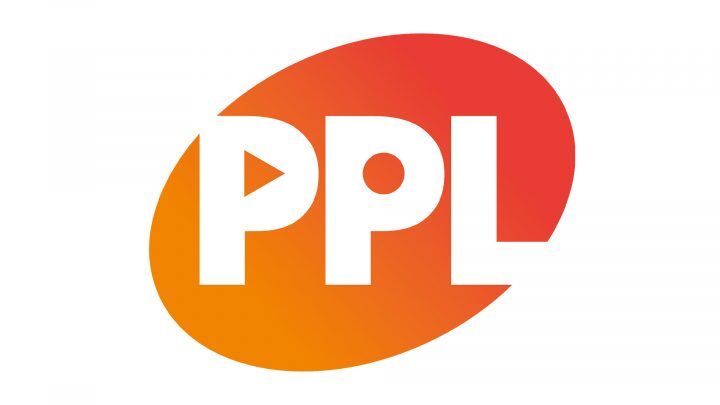Bringing RDx to life
Last October, the global music organisations IFPI and WIN announced the launch of a new data exchange service called RDx (Repertoire Data Exchange) to be delivered and operated by PPL. Since then, we have been working with our partners to bring this project to life.
RDx was born as a response to some of the challenges faced by the record industry when it comes to supplying data to collective management organisations around the world. Record companies have historically used a variety of data delivery formats and processes to register their recordings and rights with organisations like PPL.
As such, RDx will offer recording rightsholders of all sizes, from all countries, a single registration point to supply their repertoire data in a standardised format (known as DDEX RDR) that can be quickly and easily accessed by all collective management organisations.
This will help to improve the timeliness, accuracy and efficiency of revenue distributions to rightsholders worldwide.
The RDx service went live in March 2020, and with a number of the initial users now actively using and benefiting from it we recently took part in two webinars alongside IFPI and WIN to update the global music community on our progress and to explain what RDx is, how it works and the benefits it provides. If you are interested in learning more, you can now view these sessions on the midem and A2IM websites (A2IM Indie Week session is only available to ticket holders).
For more information on RDx, visit https://www.rdx-portal.org/
PRS for Music trials PPL registration feature in member portal
In recent years, PPL and PRS for Music have been working closely to improve the “linking” of data about sound recordings (registered with PPL) and musical works (registered with PRS) with a view to improving data quality and completeness. In 2018, PPL added a linking feature to myPPL to allow recording rightsholders, when registering a recording with PPL, to search the PRS database and link their recording to a musical work.
Moving forward, PRS is now trialling a new feature in the Search Works section of its portal, that integrates with PPL’s Repertoire Database of more than 15 million recordings. When viewing the details of any musical work, users of the PRS portal are also able to see the list of recordings that have been registered with PPL, to validate that the ISRC(s) held against that musical work in the PRS database are correct and complete.
PRS is keen for their members to test the new feature ahead of launching the full version later in 2020. Members of PRS for Music can find more information in the member login section of the PRS portal.
Registering Repertoire: your questions answered
We recently hosted a virtual PPL in Session to share advice and tips on how to register your repertoire with PPL. If you have any questions about how to register your repertoire, you can also check out the helpful videos and FAQs on our website. Stay tuned for more PPL in Session events to help you make the most of your PPL membership.


